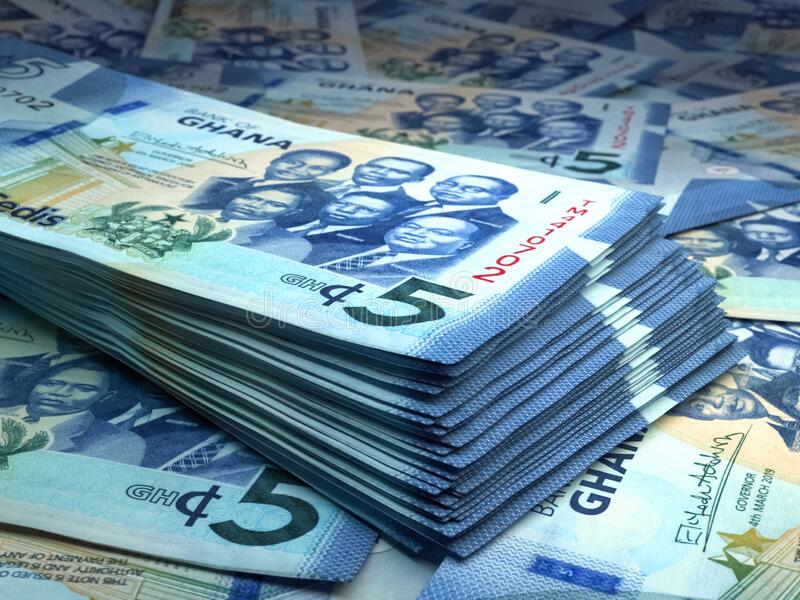
The Importers and Exporters Association of Ghana (IEAG) has raised alarm over what it describes as the capture of cargo auctions at the nation’s ports by politically connected cartels, warning that the trend is devastating businesses and undermining investor confidence in Ghana’s economy.
In a statement issued this week, the Association alleged that a powerful network of politically influential businessmen has hijacked the auctioning process for perishable and uncleared goods. It linked the development to Ghana’s ongoing foreign exchange crisis, which has left importers struggling to secure dollars quickly enough to clear their consignments.
By law, goods that remain uncleared are placed on the Uncleared Cargo List (UCL), with importers granted a 60-day grace period to regularize payments before the goods are auctioned.
However, according to the IEAG, the window has been quietly reduced to just 21 days without any formal explanation or legislative backing. This, it says, creates a loophole exploited by connected actors who acquire cargo at giveaway prices.
“Consignments that should rightfully be released to traders are being diverted to select individuals under the guise of auctions,” the Association said.
“Worse still, these so-called beneficiaries do not pay the true value of the goods but part with as little as GH₵6,000 to GH₵10,000 as a service fee, while importers lose their investments and still bear crippling demurrage charges.”
The group argued that the practice not only impoverishes legitimate businesses but also robs the state of much-needed revenue at a time when government coffers are already stretched. It warned that the current system risks deepening mistrust in Ghana’s trade and investment climate, scaring away both local and foreign investors.
The IEAG is demanding three immediate interventions: the restoration of the 60-day grace period, a one-time clearance arrangement for importers struggling with forex shortages, and a comprehensive investigation into what it described as a “political cabal” enriching itself at the expense of the trading community.
It further called on the Bank of Ghana to compel commercial banks to release foreign exchange to traders at fair and transparent rates, stressing that the unavailability of forex at critical times is one of the root causes of the crisis.
The Association has threatened to stage mass protests and disrupt port activities if authorities fail to act swiftly to end what it called a fraudulent and exploitative system.
The controversy adds to mounting pressure on government agencies to tighten oversight at Ghana’s ports, which handle billions of dollars’ worth of imports annually and serve as a key lifeline for the economy.
























































![[FREE FREE MONEY] Predict and Win a Guaranteed GH¢200 From Us EVERY WEEK](https://wordpress.ghanatalksradio.com/wp-content/uploads/2022/02/Predict-and-Win-Final-09-03-2021-218x150.jpg)
![[Predict & Win – 8th/Oct.] WIN A Guaranteed ¢200 From Us This Week](https://wordpress.ghanatalksradio.com/wp-content/uploads/2021/10/maxresdefault-16-218x150.jpg)
![[Predict & Win – 2nd] WIN A Guaranteed ¢200 From Us This Week](https://wordpress.ghanatalksradio.com/wp-content/uploads/2021/09/maxresdefault-50-218x150.jpg)
![[Predict & Win – 25th] WIN A Guaranteed ¢200 From Us This Week](https://wordpress.ghanatalksradio.com/wp-content/uploads/2021/09/maxresdefault-36-218x150.jpg)
![[Predict & Win – 18th] WIN A Guaranteed ¢200 From Us This Week](https://wordpress.ghanatalksradio.com/wp-content/uploads/2021/09/maxresdefault-23-218x150.jpg)












![[National cathedral] See full list of churches that have contributed since 2018](https://wordpress.ghanatalksradio.com/wp-content/uploads/2020/09/Ghana-National-Cathedral-GhanaTalksRadio-100x70.jpg)


